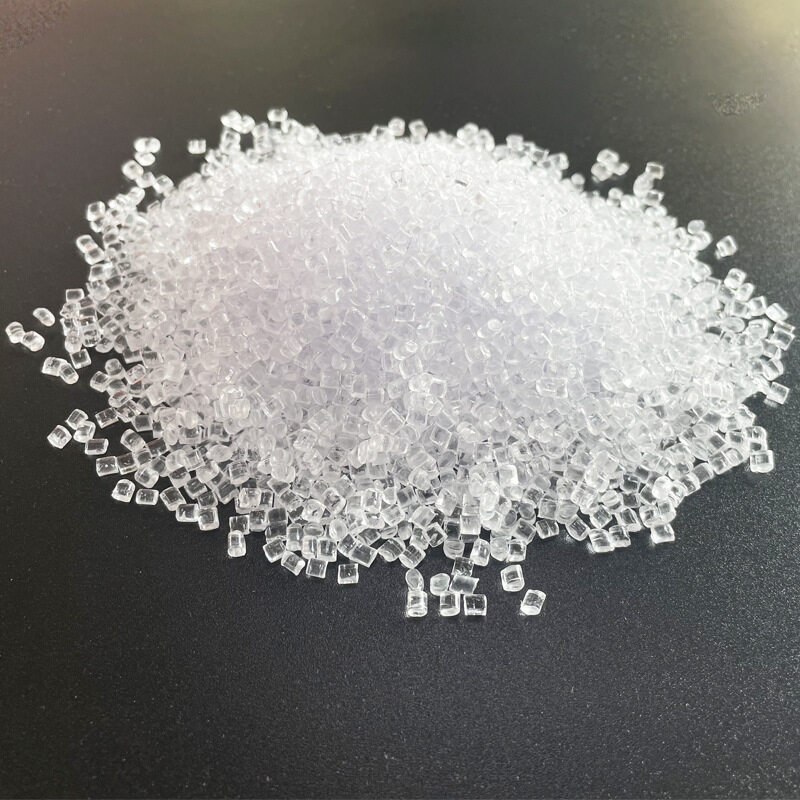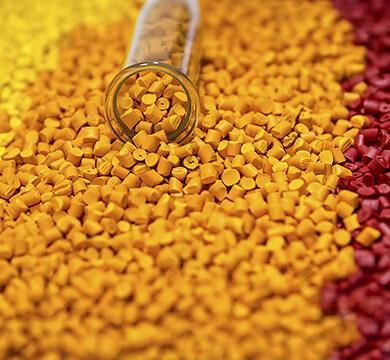Erreur de format d'e-mail
emailCannotEmpty
emailDoesExist
pwdLetterLimtTip
inconsistentPwd
pwdLetterLimtTip
inconsistentPwd

Offer Technical Support and Customized Solutions
The company is committed to creating new and improved plastic materials to meet the evolving demands of the market.

Is It Truly a Plastic?
Introduction
Polycarbonate, a versatile and widely used material, sparks curiosity about its classification within the broader category of plastics. This article aims to delve into the question, "Is polycarbonate a plastic?" by examining its chemical composition, comparing it with other plastics, and exploring its applications across diverse industries.
Understanding Polycarbonate
Polycarbonate, known for its transparent and durable qualities, has a distinctive chemical composition that classifies it unequivocally as a type of plastic. The molecular structure of polycarbonate sets it apart from traditional plastics, making it a noteworthy subject for exploration within the broader context of materials science.
Comparing Polycarbonate with Other Plastics
When differentiating polycarbonate from other plastics, its unique characteristics come to the forefront. Unlike conventional plastics, polycarbonate exhibits exceptional toughness, heat resistance, and transparency. These distinctive features underscore its relevance as a high-performance plastic in various applications.
Physical Properties of Polycarbonate
Examining the physical properties of polycarbonate reveals its versatility. From optical clarity to impressive toughness, polycarbonate stands out among plastics. This multifaceted material finds applications in the automotive industry, electronics, and construction, showcasing its adaptability across diverse domains.
Environmental Impact of Polycarbonate
The environmental considerations associated with polycarbonate production and disposal contribute to ongoing debates about sustainability. Exploring these concerns sheds light on the broader implications of using polycarbonate as a plastic material. Recycling initiatives and eco-friendly practices play a crucial role in mitigating the environmental impact of polycarbonate.

Pros and Cons of Polycarbonate
Assessing the advantages and disadvantages of polycarbonate provides a balanced perspective. While its durability and cost-effectiveness are evident advantages, environmental and safety considerations present challenges. Understanding these aspects is crucial for informed decision-making regarding the use of polycarbonate in various applications.
Safety Considerations with Polycarbonate
Addressing safety concerns related to polycarbonate use involves a multidisciplinary approach. Insights from health sciences and regulatory standards contribute to a comprehensive understanding of the potential risks and safety measures associated with this plastic material.
Recent Developments in Polycarbonate Technology
Recent advancements in polycarbonate technology showcase ongoing efforts to enhance its properties and expand its applications. From innovative production processes to new modifications, these developments have far-reaching implications across industries, contributing to the continuous evolution of polycarbonate as a plastic material.
Future Outlook of Polycarbonate
Looking ahead, the future of polycarbonate involves navigating technological advancements and adapting to changing regulatory landscapes. Predicting shifts in usage and applications requires a holistic view that considers developments in materials science, industry trends, and environmental policies.
Conclusion
In conclusion, the exploration of whether polycarbonate is a plastic reveals a material that transcends traditional classifications. Its unique properties and applications make it an indispensable component in various industries. However, the ongoing dialogue about its environmental impact and safety considerations emphasizes the need for responsible and informed usage. As we move forward, the dynamic nature of polycarbonate will undoubtedly continue to shape its role in the broader landscape of materials science and technology.

